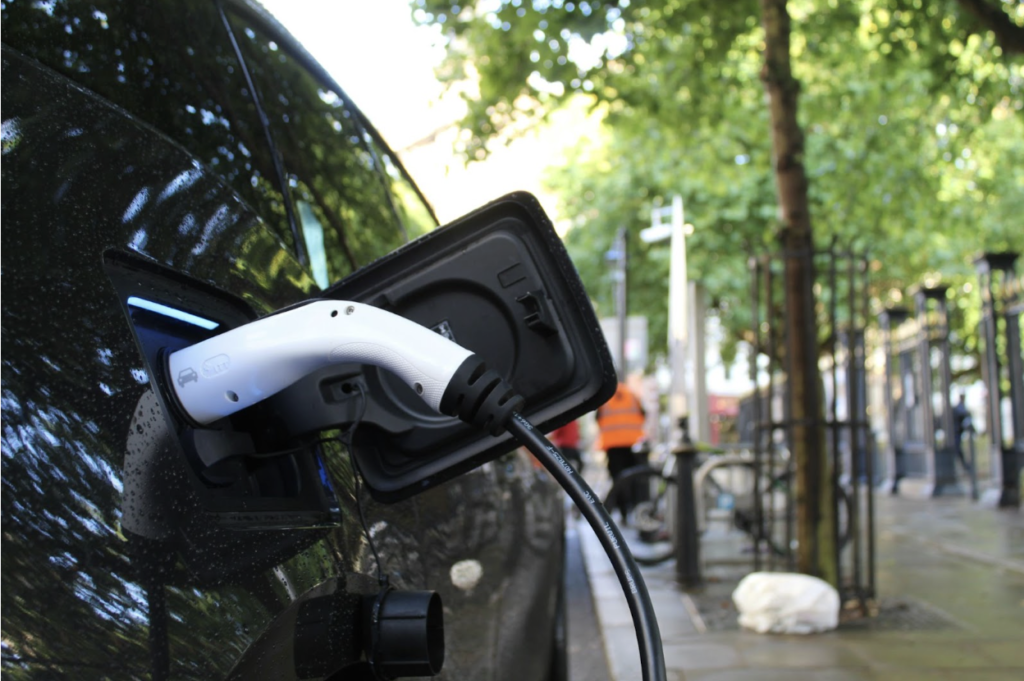The Electric Car Scheme has reported that warmer summer conditions are boosting electric vehicle range, setting the stage for ideal European road adventures as families look forward to their summer breaks.
Unlike the winter season, where low temperatures can cut battery efficiency by approximately 20%, the warmer months work to the EV driver’s advantage. Batteries operate best between 20°C and 25°C, helping vehicles reach their peak range. Together with the rise of ultra-rapid charging networks throughout Europe, British EV drivers are better equipped than ever to reach sun-drenched hotspots like the French Riviera or Spain’s Mediterranean coast.
With models like the Tesla Model 3 available from just £303 per month through salary sacrifice, and high-range vehicles like the Peugeot E-3008 offering up to 435 miles per charge, drivers are discovering that continental touring is not only possible but often practical.
Planning the perfect EV European road trip
For drivers venturing to Spain or southern France, route planning remains key to a stress-free journey. The Electric Car Scheme recommends plotting charging stops every 200-250 miles, even for longer-range EVs, to maintain flexibility and comfort. Popular routes via Calais offer excellent charging infrastructure, with ultra-rapid stations in Reims, Dijon, and Lyon providing ideal stopping points for drivers heading to the Mediterranean.
France now boasts over 150,000 public charging points, while Spain has rapidly expanded its network to more than 45,000 stations. While many modern EVs will already have EU chargers built-in to their maps, for older models the key is to download apps like Chargemap or PlugShare before departure, which show real-time availability and allow advance booking at many locations.
Scenic stops worth the detour
Summer EV road trips offer the perfect excuse to explore some of Europe’s most beautiful charging locations. In France, the medieval city of Carcassonne provides ultra-rapid charging just minutes from its UNESCO World Heritage fortress walls. Further south, the lavender fields of Provence offer charging stops in picturesque villages like Gordes and Roussillon, where a 45-minute charge provides time to explore local markets and cafés.
For drivers heading to Spain, the historic city of Burgos offers rapid charging alongside its stunning Gothic cathedral, while San Sebastián provides coastal charging stations within walking distance of its world-famous beaches and pintxos bars. Even the journey becomes part of the holiday experience when charging stops are planned around scenic and cultural highlights.
The Mediterranean coast itself has embraced EV infrastructure, with charging stations now common in popular destinations like Barcelona, Valencia, and Málaga, ensuring drivers can explore without range anxiety once they reach their final destination.
Making the most of summer EV advantages
To maximise summer range benefits, The Electric Car Scheme recommends several key strategies. Pre-conditioning the vehicle while still plugged in at home uses mains electricity rather than battery power to achieve optimal cabin temperature. Using seat cooling and air conditioning efficiently – running the AC while driving rather than relying solely on open windows at motorway speeds – actually improves overall efficiency.
Planning charging stops during the hottest parts of the day can also be advantageous, as many European charging networks offer lower rates during off-peak afternoon hours, and the brief stops provide welcome respite from driving in high temperatures.
The Electric Car Scheme CEO and Co-Founder Thom Groot commented:
“As technology and public charging infrastructure improves, more and more people are now understanding that electric cars can easily handle routes from London to the Spanish coast, often with fewer stops than they’d make anyway for comfort breaks and meals. The key is understanding that with today’s rapid charging technology, a 30-minute coffee stop in a beautiful French village can add 200+ miles of range.
“With EVs available through salary sacrifice from as little as £153 per month for the Dacia Spring, or £255 for the high-range MG4, electric European touring is now accessible to a much wider range of drivers. Summer’s natural advantages make this the perfect season to experience the freedom and environmental benefits of electric road trips.”


